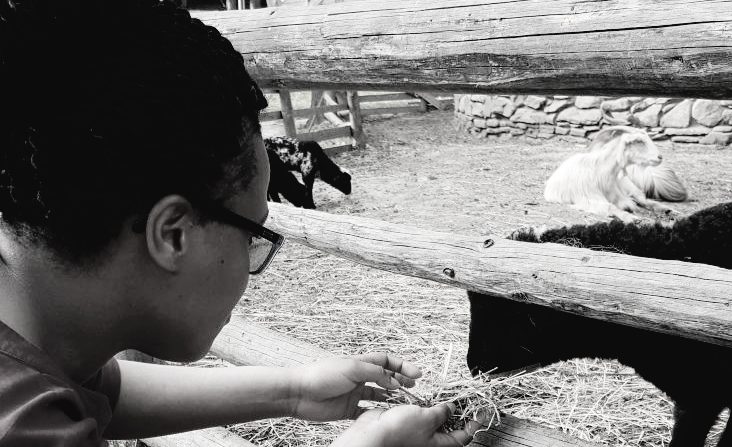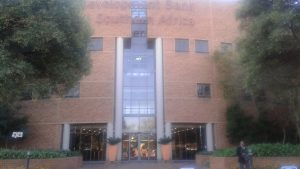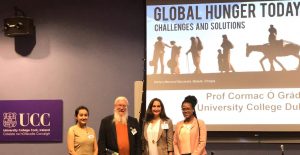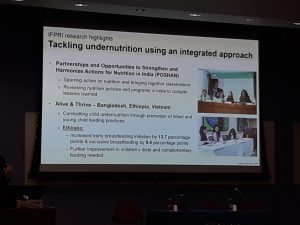Privet!
DBSA receives various funding from international donors such as; European Union, KFW, Infrastructure Investment Programme for South Africa (IIPSA), Global Environment Facility (GEF), Green Environmental Fund (GCF) and other project preparation facilities. GEF and GCF provides funding for climate orientated projects, which benefit the public. The bank provides support to the SADC region and other priority countries outside the SADC region, through financial support in the form of grants, loans and equity.
Each country that receives funds from GEF and GCF, through DBSA has a focal point, which is usually a government entity, to ensure that projects funded are in line with the national strategy priorities. In 2014, DBSA was accredited as a National Project Agency (NPA) for the Global Environment Facility (GEF), furthermore the bank is one of the 54 entities accredited to the GCF. The bank seeks resources from the GEF Council and GCF to fund climate projects, some projects funded still need to be prepared and be transitioned into projects which can be implemented, and some can be funded during the development and implementation phases.
Parties who need funding can submit proposals, during the calling periods. Most of the projects which have been funded are based on renewable energy and the bank also funds ICT, water and transport projects under GCF finance mechanism.




